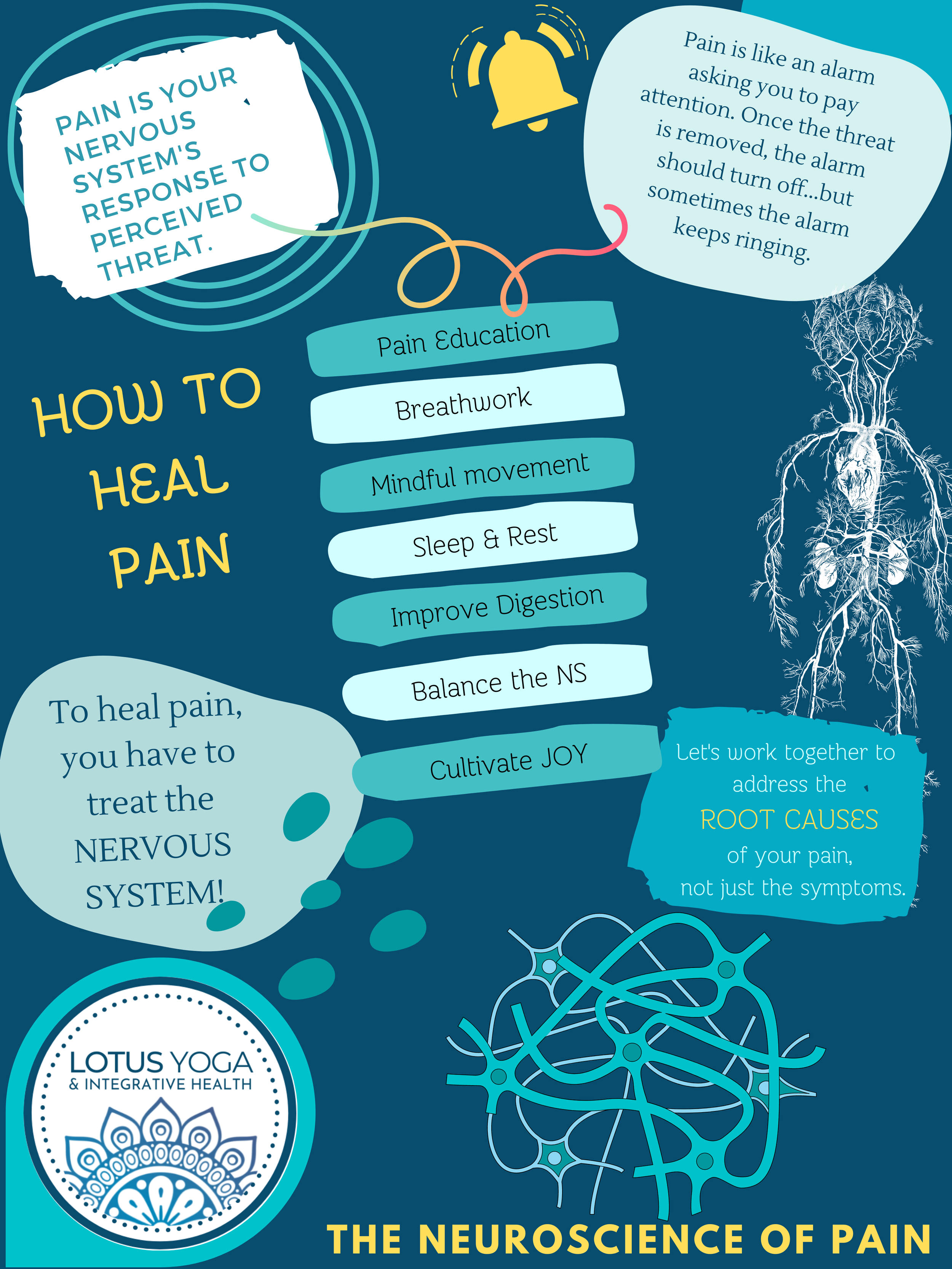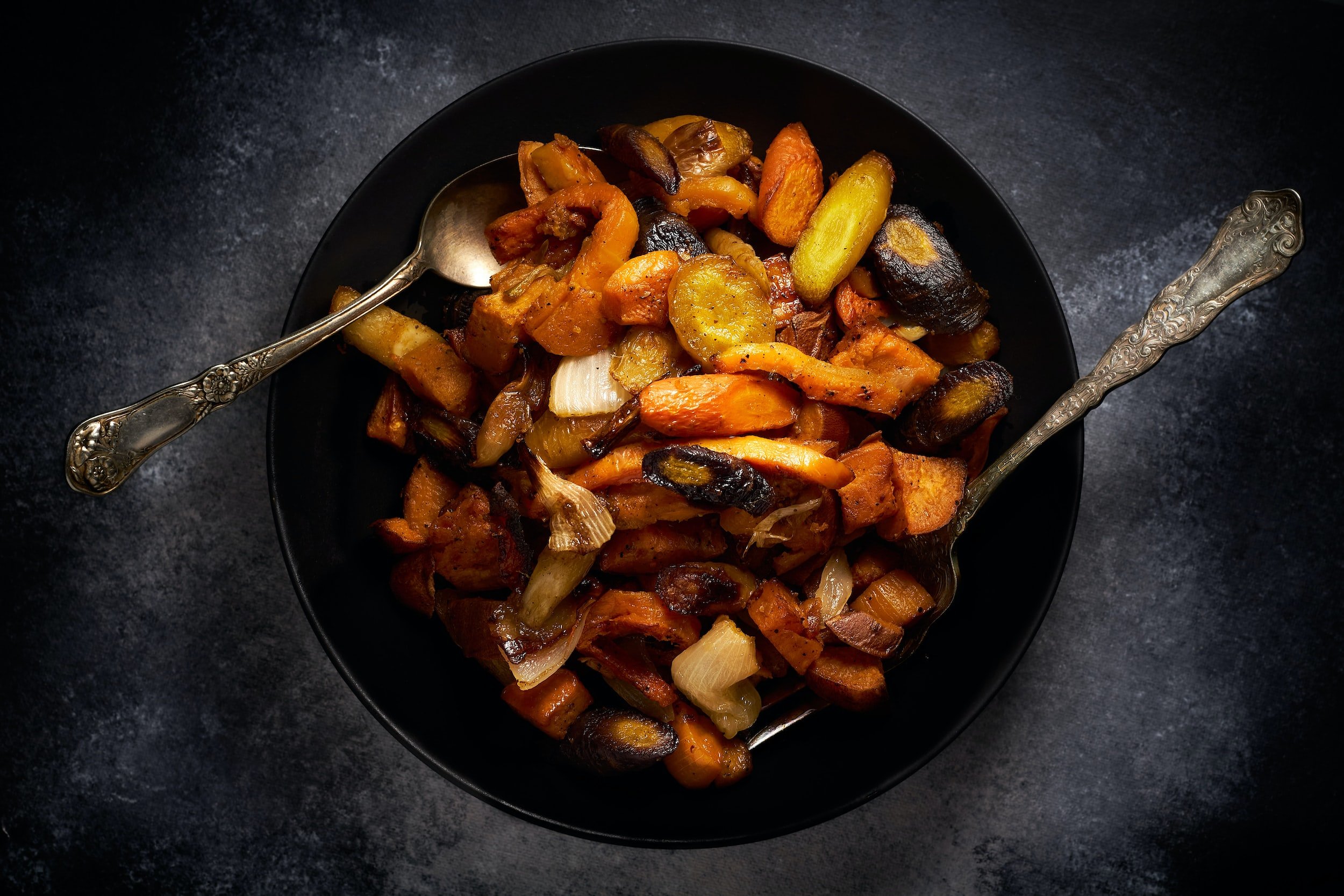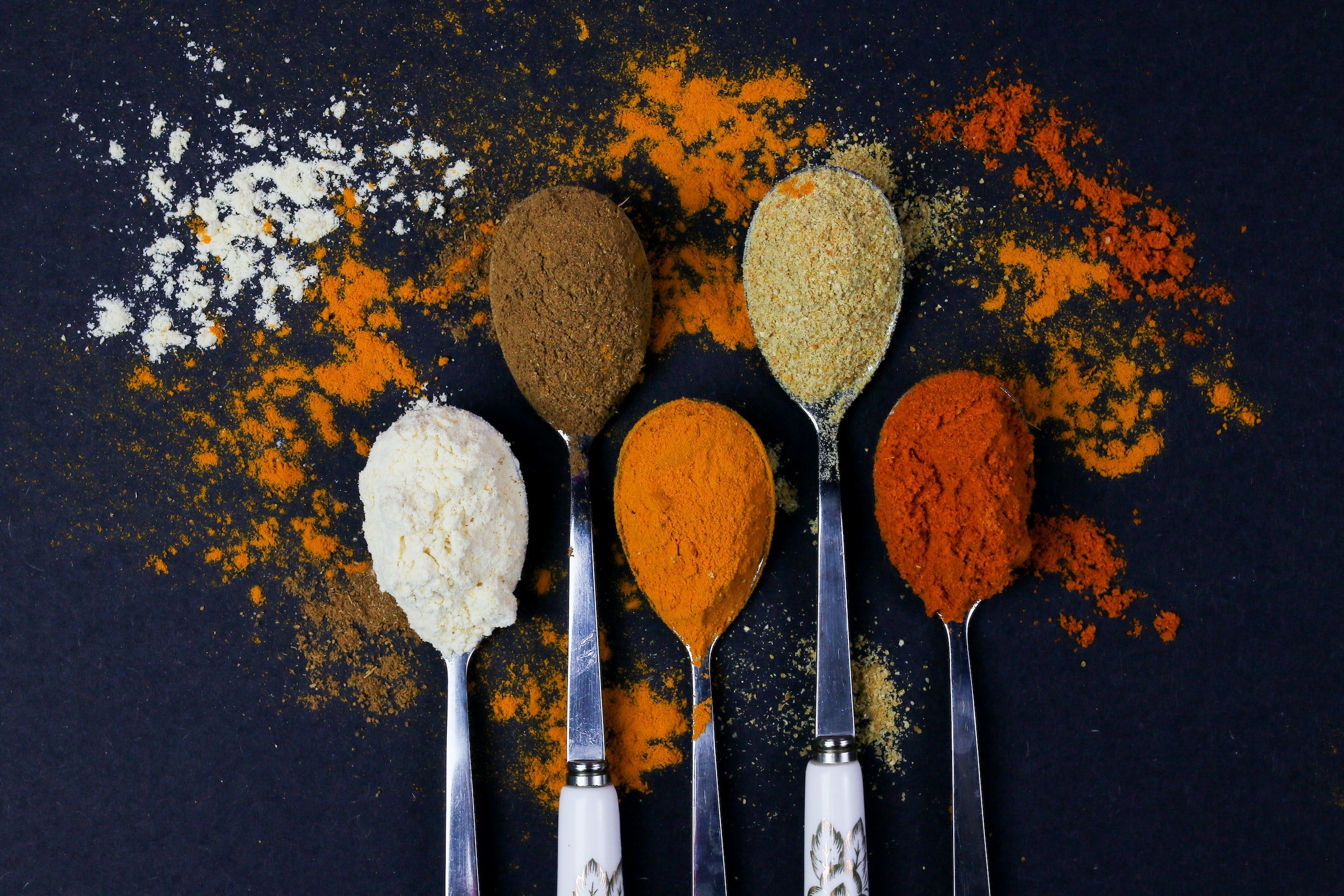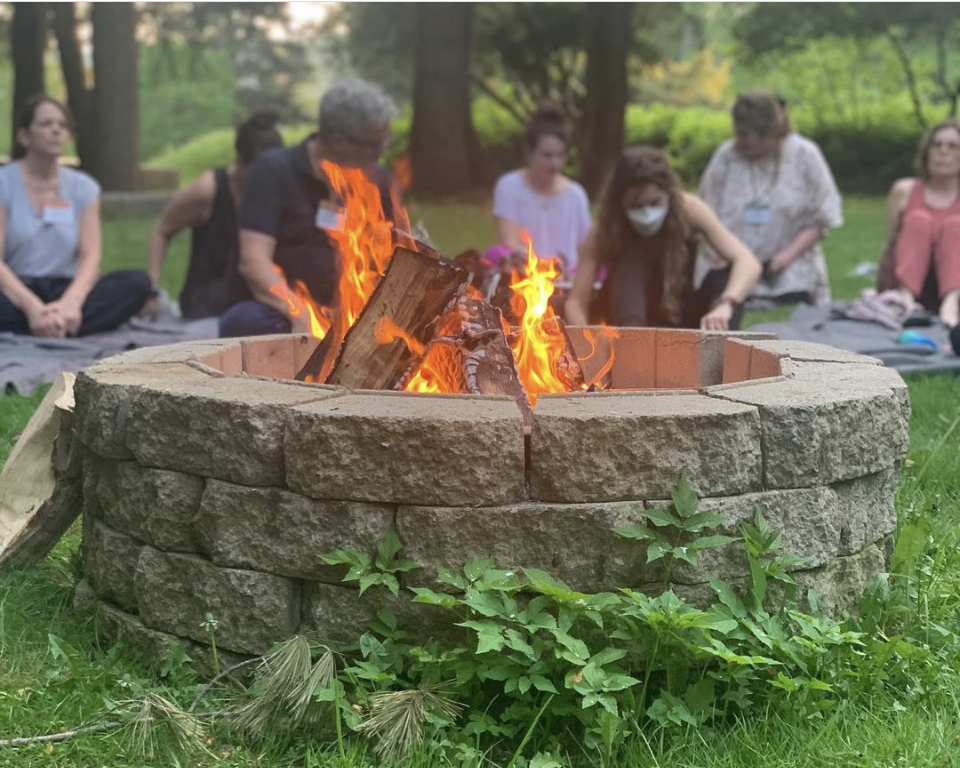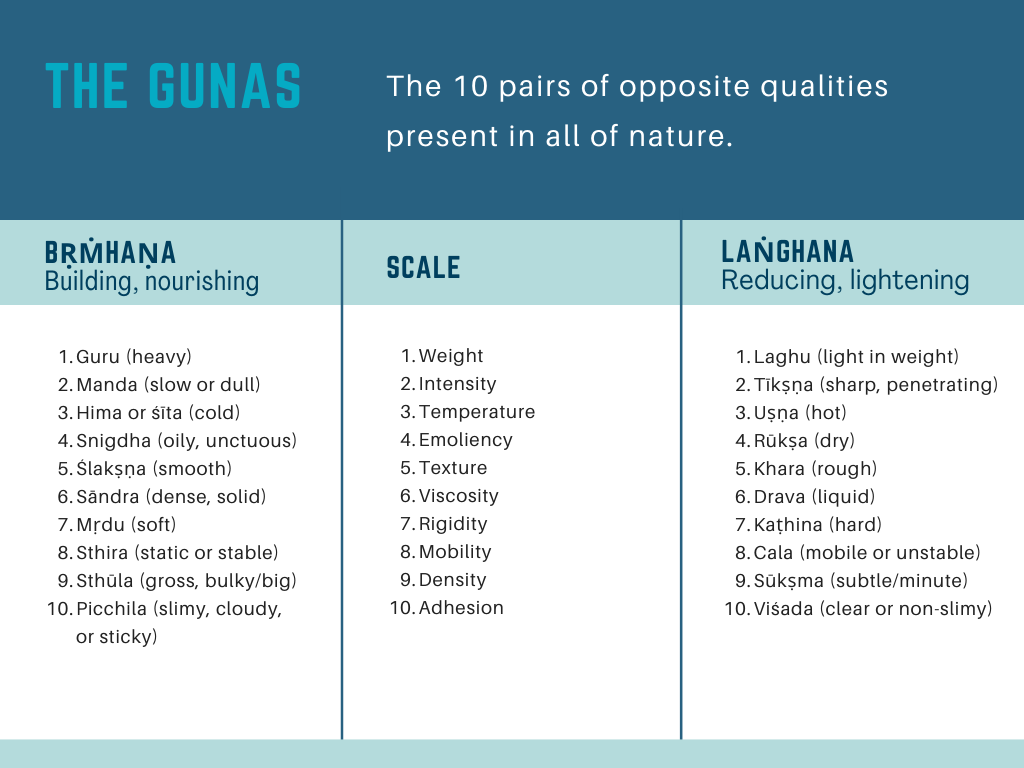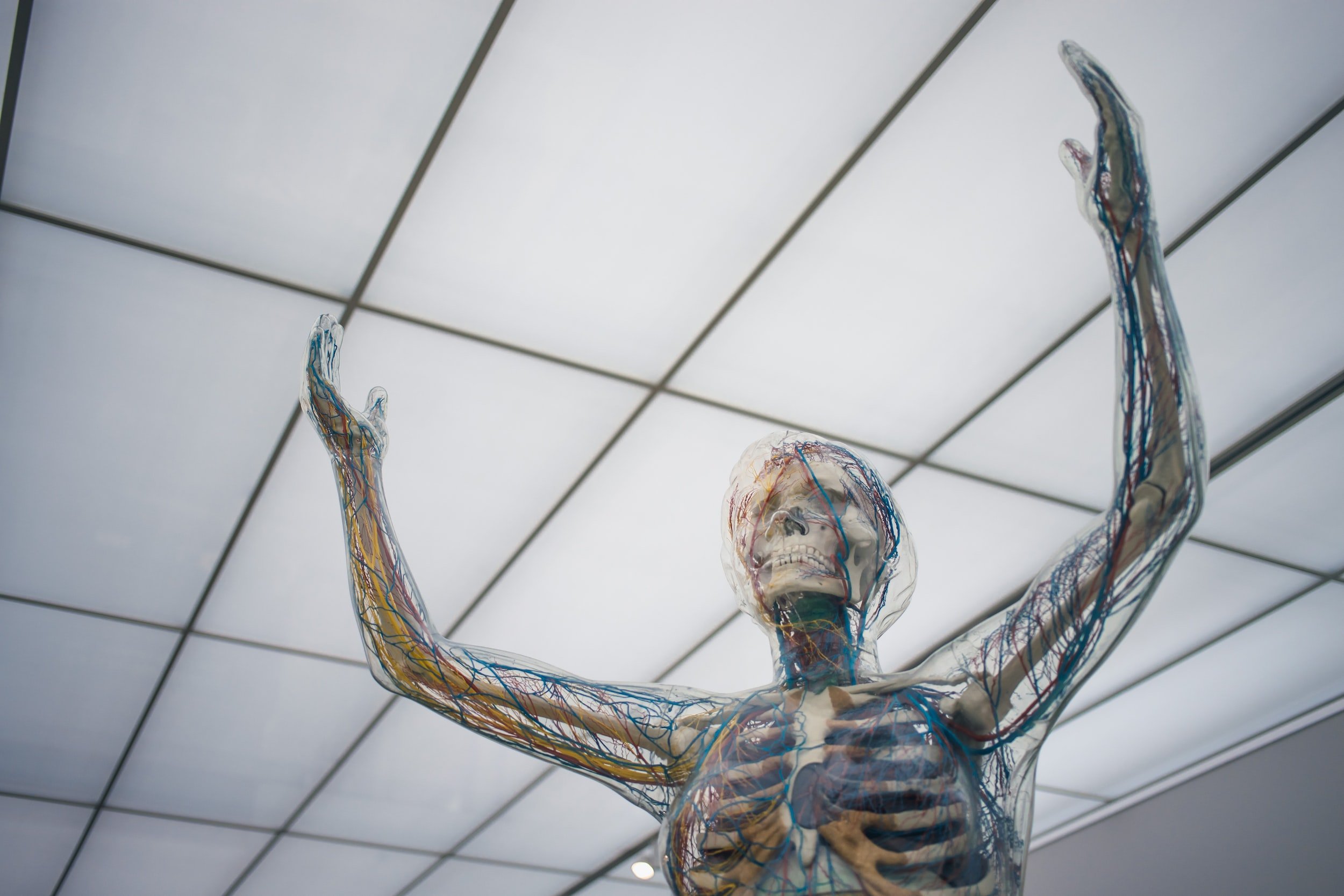search blog posts

Your Nervous System Has a Bouncer
When we have chronic pain, the nervous system is attuned to look for danger, so the bouncers allow more information to pass up to the brain. Chronic pain makes the nervous system more sensitive, and when it gets bombarded by more information than usual, it is going to feel threatened by things that may not actually be dangerous. This is why sensations that aren’t typically painful, like light touch, can feel painful to those who are living with chronic pain.

The Big Three and the Key to Unlocking the Mystery
When the body experiences a stressor, such as an injury, illness, or trauma, the immune system, nervous system, and endocrine system all work together to defend against threat and bring the body back into homeostasis. These three systems are interdependent and act as one supersystem, so anything that affects one will affect all three.
This means that healing the nervous system will naturally bring both the immune system and the endocrine system back into balance and vice versa. It is also why persistent pain often progresses into autoimmune and/or endocrine disorders, and why these conditions can be so difficult to manage.

Outdoor yoga in Queen City Park starts tomorrow!
My classes are designed to HARMONIZE ENERGY so you leave feeling grounded and refreshed.
What I teach changes seasonally, but more importantly HOW I teach changes seasonally, and there is a reason behind every choice I make in a practice.

It’s hard work growing up
In order to bloom, they have to grow DOWNWARDS first. Only after they've set their foundation do their sprouts start to shoot up. And those sprouts have to work hard to push through the heavy, sticky mud in order to find light. Imagine how much trust that must take to move away from the light in order to set the foundation.
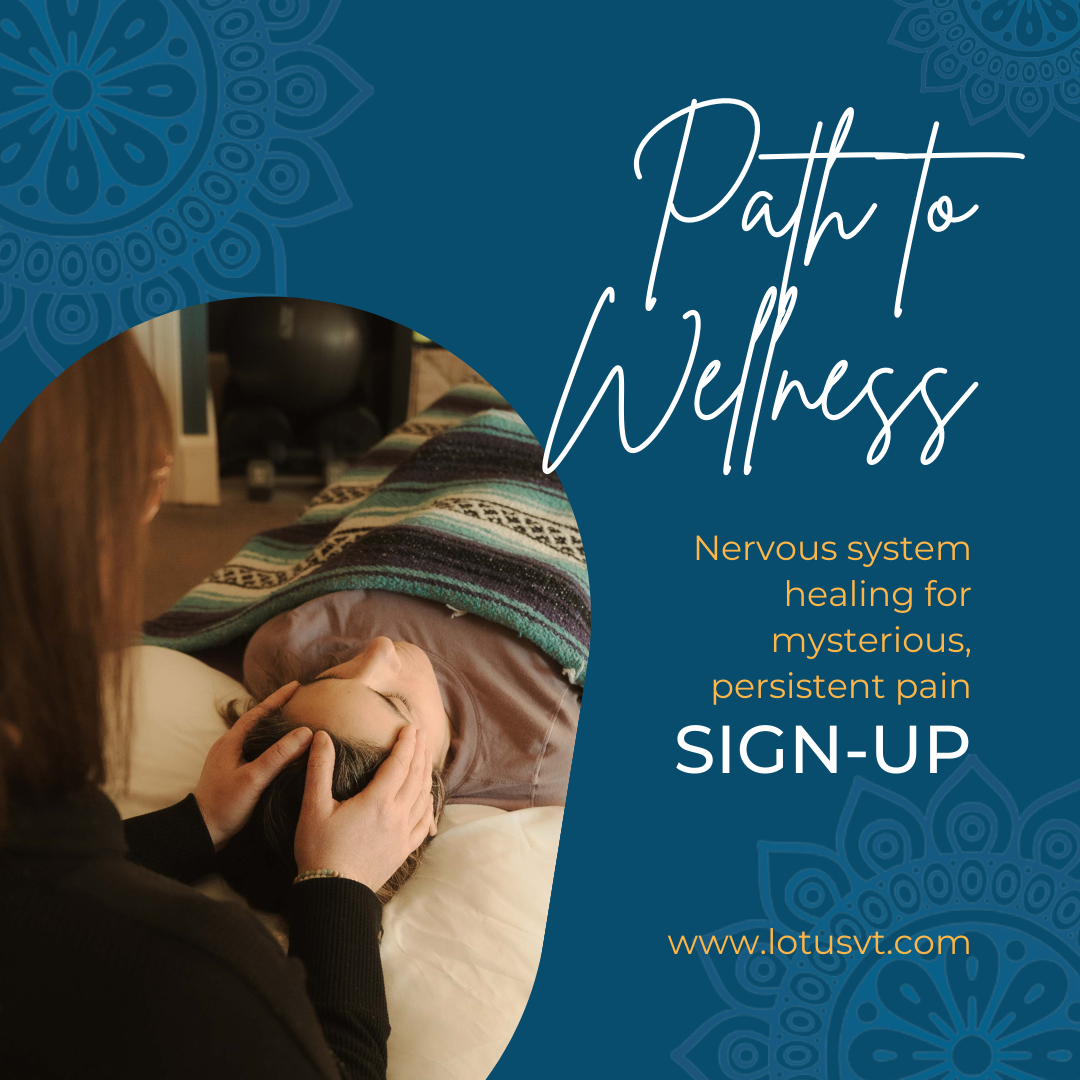
It’s not all in your head
Over the years I’ve seen a lot of people whose doctors dismissed them or made them feel like their pain was all in their head because they didn’t get better by treating their symptoms, and often the source of pain couldn’t be seen on an image. If you know my story, you know that this happened to me. I had excruciating pain and severe loss of function (I couldn’t make a fist with my right hand, so I couldn’t do basic things like hold a pen to write my name), and I had doctor after doctor tell me that I was fine because the MRIs didn’t show any signs of nerve compression.

It’s Really Not A Mystery
I used the word mysterious because most of the people who come to see me don’t understand why they are in pain, and their doctors often don’t understand either, but I don’t think it is a mystery at all. Pain is not just the result of injury. Pain is an alert from the body warning of potential danger.
What part of the body is responsible for responding to danger? The sympathetic nervous system.

Spring Thaw: Yoga & Ayurveda for Spring Workshop
Spring is a love letter to kapha dosha. Kapha is earth and water. It gives us life and nurtures growth. Like a seedling pushing its way out of the seed pod and through the dark, damp earth, kapha gives us the endurance and stamina to work hard and to trust that our hard work will eventually bear fruit.

Feeling BLAH this Spring?
Spring is kapha season, which means the earth and water elements are more predominant in nature. When earth and water mix, they become mud, and mud is thick, heavy, sticky, cold, and damp. These same qualities can start to creep into our own bodies, leading to congestion, swelling, seasonal allergies, heaviness, and inertia. Even though there is an energy of emergence as the sun starts to peak out again, and the tenacious spring ephemerals push through the mud and start to bloom, it is common to feel weighed down and heavy during the spring. Can anyone relate to feeling unmotivated and stuck in the mud this time of year?
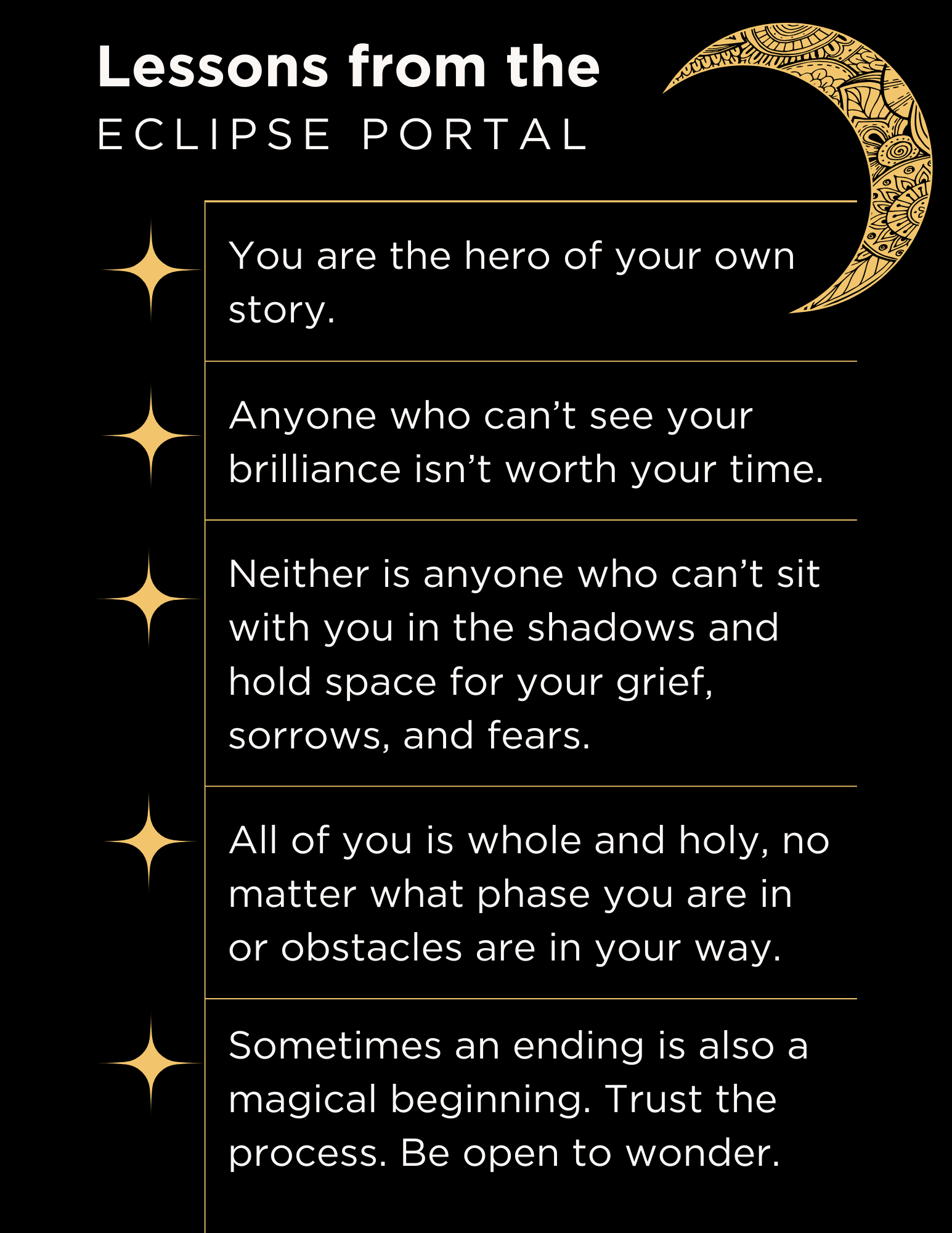
Wonder returns us to love
I trust that you, too, received the messages you needed to receive during this eclipse season. I hope that you’ve given yourself time and space to digest your experience so that you can integrate those lessons and let go of what isn’t supporting your wholeness. I hope you see how magical you are, and that you choose to put your energy into beings, systems, and activities that magnify and reflect back to you your brilliance, no matter what phase you are in, and no matter what obstacles are in your way. I hope you align with others who can hold space for your grief, sorrows, and fears, and who return you back to wonder. I hope as you embark on the next phase of your journey, that your trust your own wisdom and let your heart guide you.

You've Got to Let It Flow Before You Can Let it Go
There are so many deep consequences to repeatedly suppressing our emotions and needs, including a profound disconnection from ourselves. When we don’t metabolize our experiences, it often manifests as illness or pain. The more disconnected we become, the easier it is to miss early warning signs, and the more likely it is that our body will raise the volume on the alarm until we are so sick that we have no choice but to pay attention.

"Not everything that is faced can be changed, but nothing can be changed until it is faced." - James Baldwin
Digestion involves transformation, integration, and elimination. In a fast-paced world where we are often required to multi-task, disregard our own needs, and move on quickly to the next thing, we don't always have the time and space we need to metabolize and integrate. This makes it hard for us to eliminate, or let go of, what isn't for us. It also makes it hard for us to move on from relationships and places that aren't serving us.
Digesting difficult experiences takes time and support, and it is harder to move through the three stages of digestion when we have internal and external pressure to simply let go or move on. We have to be willing and able to feel our feelings and to hold space for the difficult things in order to really move on.

When things fall apart, they often fall into place
The 8-limbed path of yoga begins with ethical guidelines, called the yamas and niyamas, for how to live a yogic life. The tenth and final niyama is Īśvarapraṇidhāna, which means surrender, or trusting the course of life. Life threw me a curve ball recently, and I'd be lying if I said it wasn't hard. In my better moments though, I feel confident that things are working out exactly as they should. I trust that nature always seeks balance, and that sometimes when things look like they are out of place, they are actually just in a process of realignment.

Pain = Stagnation
We can harness the power of our attention to calm the nervous system and reduce pain, too. Pain is a form of energy stagnation, and when energy isn't able to flow, that stresses out the nervous system and amplifies the pain. One way to relieve pain is to get energy flowing again. Since prana follows citta, or energy flows where attention goes, when we spread our attention through our whole bodies in a yoga nidra or body scan practice, it can guide the energy to move out of stagnation and can significantly reduce pain.

Trust Your Gut
Did you know that your gut has its own nervous system, called the enteric nervous system, that is kind of like a second brain? The enteric nervous system has as many nerve cells as the spinal cord, and in collaboration with the gut microbiome, produces neurotransmitters that influence mood, immune function, hormone release, digestion, and pain. The enteric nervous system and the brain communicate with each other via the vagus nerve about things like nausea, hunger, fullness, emotion, discomfort, and danger. In other words, the gut and the brain are interconnected, which is why can get a stomachache when we are stressed, or get anxious when we are constipated. It is also why our digestion is affected when we are in pain, and why supporting a healthy gut is important in unraveling persistent pain.

The power of being heard
We have a real problem with our medical system right now. Doctors rely on lab tests and imaging for diagnosis, but the diagnostic tests aren't sensitive enough to detect issues at the early stages. Patients are often told to just come back if it gets worse, and unfortunately, that is exactly what happens. The consequence is that it teaches us to ignore our pain and override our body's built-in protective mechanism.

The Poetry of Belonging
Andrea Gibson, one of my favorite poets, said, "If you want to be happier, wholeheartedly welcome your grief." My dear friend Reuben Jackson passed away last week, and the waves of grief have been strong. They have brought rivers of tears and heartache, but in their own way, the waves of grief have also brought joy. It truly has been a beautiful thing to witness people from all over the world publicly share their love for Reuben, and to reconnect with old friends I have lost touch with over the years as we share our grief and our memories. I am doing my best to welcome this heartache, and to practice with it. Reuben was a deeply feeling person, and I think he would have agreed with Andrea Gibson that the only way to make it through this life is to open your heart to it all.

Strong Bones & Healthy Joints
The function of the bone tissue is dharana, which means concentration. Strengthening the bones improves structural stability, but it also improves mental stability.

Three ways to work with your energy system to heal pain
In addition to being your body's built-in alarm system, pain is also a sign of stagnation. Prana, or energy, stays in a painful area to get you to pay attention. To relieve pain, it is important to get the energy flowing again.

If we don’t listen to our bodies, our bodies will make us listen
Unfortunately, many of us have a habit of ignoring our bodies and pushing through. If we continue to do that over time, our bodies will raise the volume of the alarm until it is too loud to ignore, and we will end up with autoimmune conditions or other serious illnesses. If we don't listen to our inner wisdom, our bodies will make us listen.

A Game of Chicken
No one likes to feel uncomfortable, but the challenge is not the discomfort, it is the way we relate to it. If we resist it, through avoidance or anger, we will be feeding it energy, and it will grow. If we try to pretend it doesn't bother us, it will show up in other ways (maybe as digestive discomfort or a skin rash). On the other hand, if we understand it as temporary and offer ourselves the support we need to meet it, we will learn that we have the capacity to be in the flow and its power will naturally dissipate. This is super important because we simply cannot control the flow of the universe. No amount of struggle will stop the waves from coming. We don't need to stand in the storm and try not to get knocked over, we need to build a boat and learn how to surf.



